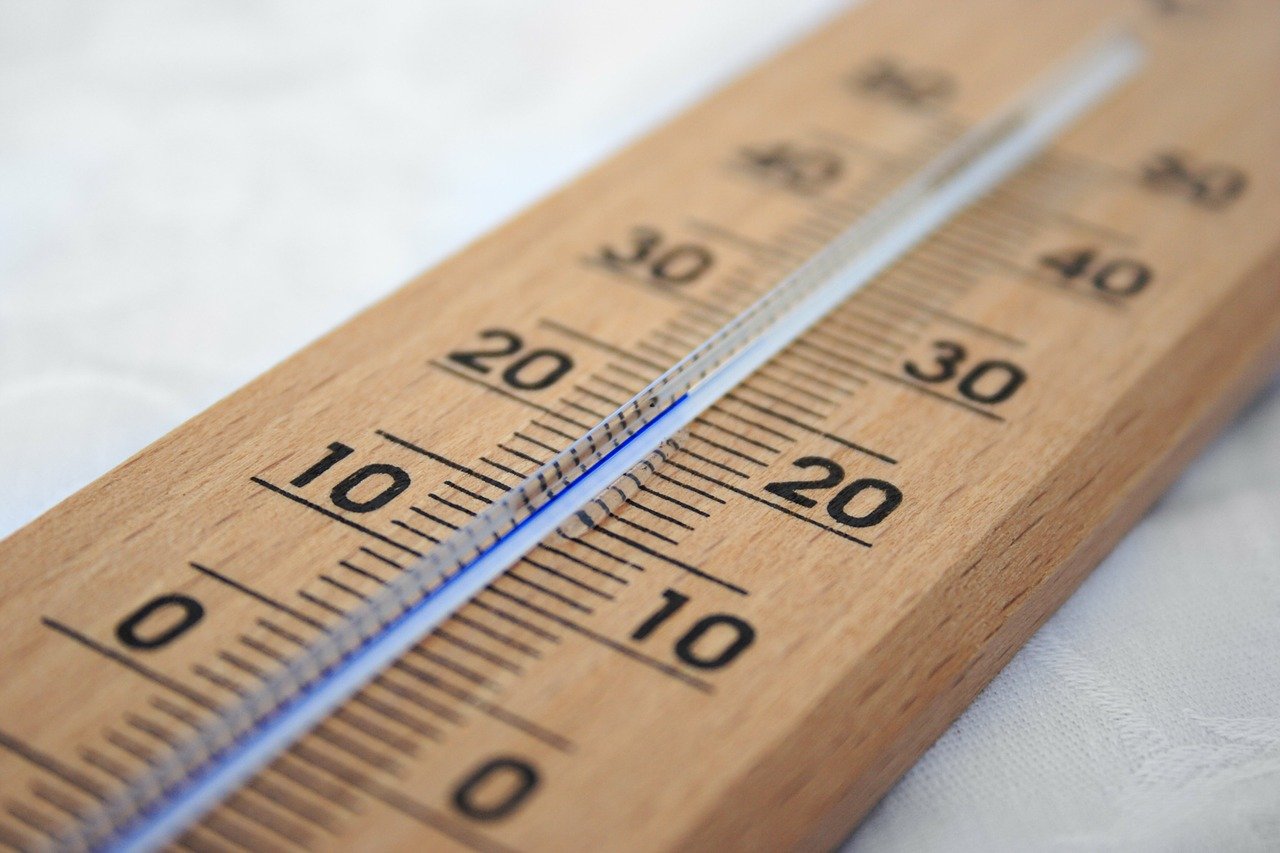
The UK Meteorological Office (Met Office) expects 2021 to be a little cooler globally than 2020 but will still be one of the top six warmest years.
According to the Met Office, the La Niña weather phenomenon will push the temperature down, making 2021 a bit cooler but greenhouse gases will still influence global temperature, making it still one of the warmest years.
Researchers expect global temperatures to be around 1C warmer than the pre-industrial era, marking the seventh consecutive year close to or above this mark.
La Niña and global temperatures
Met Office forecasts indicate that the Earth's temperature for 2021 will likely be between 0.91C and 1.15C above levels in the years from 1850-1900 with a central estimate of 1.03C.
This will be a little lower than previous years as the La Niña phenomenon in the tropical Pacific would influence the temperature. It occurs when strong winds blow the warm surface waters of the Pacific away from South America and towards the Philippines.
As a result, colder waters from deep in the ocean rise to the surface, which is expected to decrease sea-surface temperatures by 1-2C and is expected to prevent 2021 from setting a new high mark.
Prof. Adam Scaife, head of long-range prediction at the Met Office, said: "The global temperature for 2021 is unlikely to be a record year due to the influence of the current La Niña, but it will be far warmer than other past La Niña years such as 2011 and 2000 due to global warming."
UK Temperature
A Met Office report last June revealed that temperature of up to 40C could be a regular occurrence in the UK by the end of the century if carbon emissions remain high.
A new study by the Met Office indicated that the UK may experience regular temperature of up to 40C by 2100 if carbon emissions stay at high levels. Currently, the highest recorded temperature is at 38.7C, set in Cambridge in July 2019.
According to the researchers, there is an "increasing likelihood" of going beyond this number due to the human influence on the climate. They mentioned that under the worst emissions scenario, temperatures could reach 40C every three and a half years.
Across the UK and Europe, there have been periods of significant and uncomfortable heat over the past two summers. The Met Office pointed out that these hot summers occurred partly as a result of warming gases coming from human activities.
They mentioned that it was more likely that the 2018 heatwave was caused by the use of energy, transport and all the other carbon that humans have been producing.
The Met Office also reported back in January that the last decade was the second hottest in the UK in the past 100 years. The Met Office said that the UK broke a series of new records for high temperatures in 2019, contributing to the second hottest decade in the past 100 years.
It mentioned that the previous decade set eight new high-temperature records, four of which were set last year alone, including highest winter and summer temperatures ever recorded. Dr. Mark McCarthy from the Met Office in Exeter, said it was "a consequence of our warming climate".






